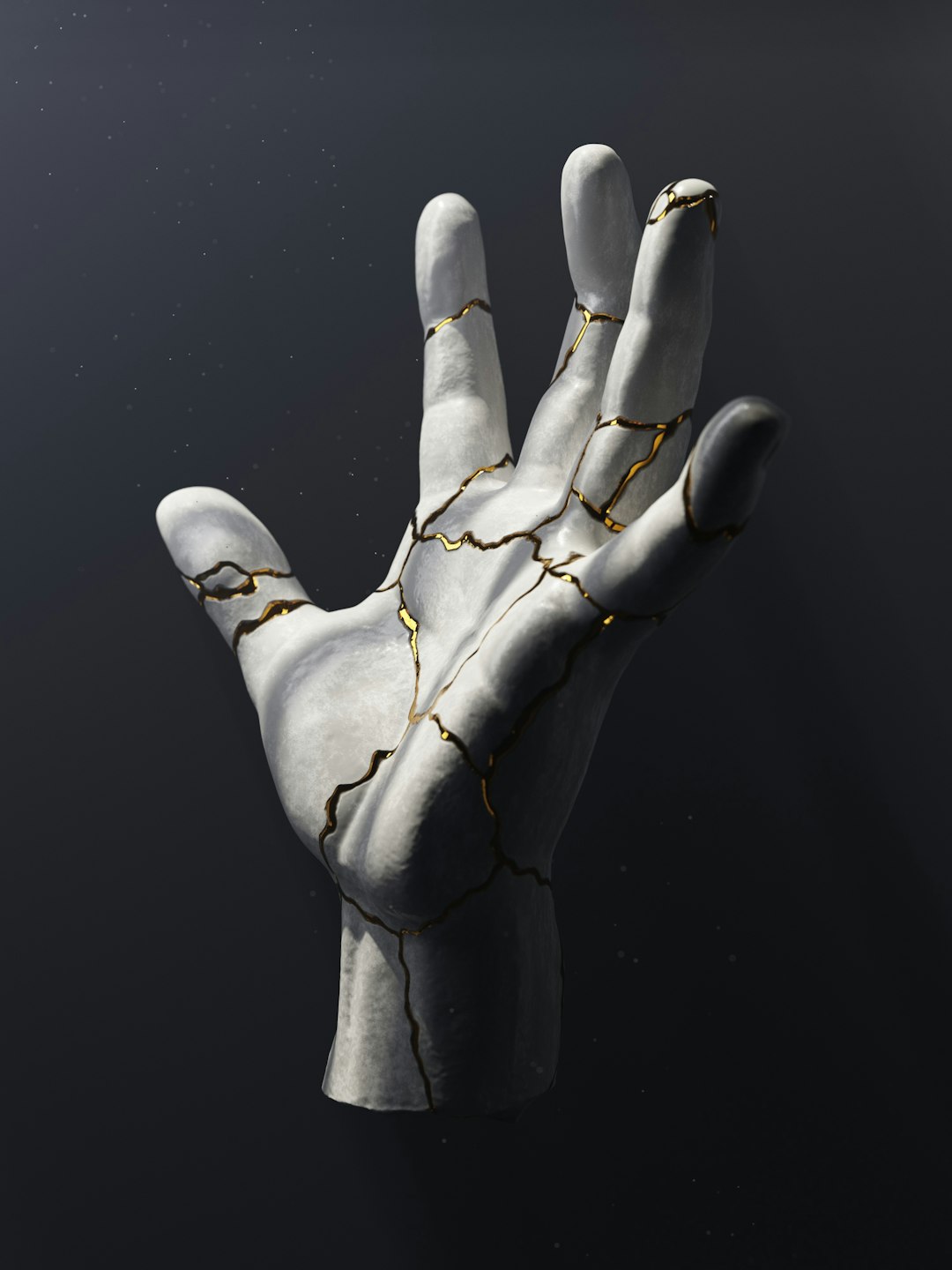If you have had a close relationship fall apart, you know how it feels to have a piece you crack off. In the moment, those cracks feel fatal, the shattered shards of memory scattered across the floor.
If you have had a broken relationship come back together, you also know that new relationship will not look like it did. Those cracks show. How they are mended, however, determines whether they remain weak points that precede future fallout, or serve as a shining testament to the breakages they survived.
Last fall, I bought a kintsugi kit, which I plan to test out during my first five-day Covid isolation, which started this week. As best I have learned, kintsugi is the Japanese art of binding broken things together with gold and glue, turning them into newly useful and surprisingly beautiful works of art. Take a look.
The more I have learned about kintsugi (short podcast here for the aurally inclined), the more I have wondered what lessons it might hold for democracy today. We have just landed in 2024, a year that promises future breakages in American politics, and likely in others as over 1 billion people go to various polls around the world. In America, we will press against weak points whose origins date back to our founding and unmended wounds from the Civil War and the end of Reconstruction.
I am not bullish that the pressure will come down in 2024. But I am confident that democratic deliberation, of which I am more student than expert, will have to serve as the glue and gold that binds Americans, shattered shards that we are, back together.



